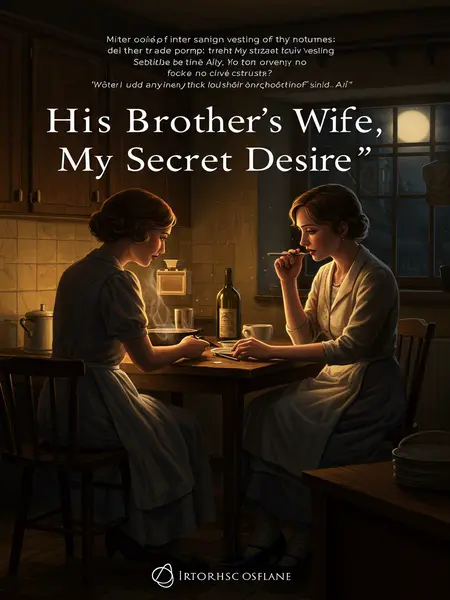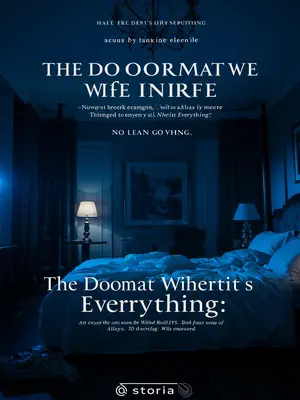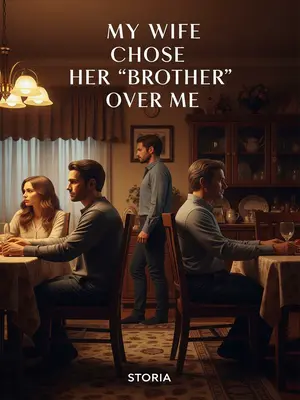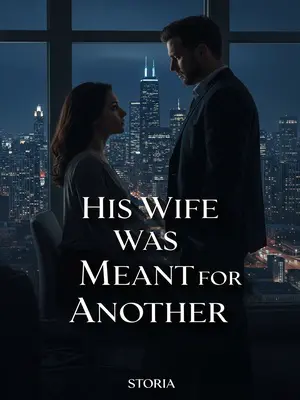Chapter 2: The Miracle of Dan Walker
Early the next morning, Charlie went out, dew sparkling on the grass, church bells chiming eight o’clock.
At the town square, he boasted to anyone who’d listen about being touched by an angel and wanting to help someone important. His voice carried, drawing curious stares from folks on their way to work or church.
You know what they say—dress sharp, folks treat you different.
In his new clothes, Dan Walker looked like a man reborn: hair combed, shoes shined, even a tie. But as soon as he started talking, laughter erupted. Someone tossed a peanut shell at his feet; another whistled. Midwest skepticism was as sharp as the autumn wind.
A faded Coca-Cola sign hung crooked over the counter. The radio crackled out a scratchy jazz tune while the coffee pot hissed and steamed.
Local troublemaker Luke jeered, “Dan, you can’t even read a stop sign. Help someone important? Gonna save us with breakfast sandwiches?”
Hahaha—laughter rolled through the crowd.
But “Dan Walker” was unhurried. He pulled out a rare edition of the Federalist Papers, handed it to Luke, and said, “Turn to any page, test me as you like. If I can’t answer, I’ll take your last name.” His voice was steady, confident, with a hint of challenge.
Somebody in the back muttered, “If Dan Walker can read that, I’ll eat my own hat.”
Luke’s bravado faltered. He glanced at his friends, suddenly unsure.
Mark White, college-educated and quick to step in, snatched the book. “If you can understand this, I’ll tip my hat three times and offer you the manager job at the Main Street Pawnshop.” His tone was half-mocking, half-curious.
Charlie thought: This is it—my chance. He smiled to himself, anticipation buzzing.
Minutes later, the crowd was stunned. Was this really the timid, illiterate Dan Walker? Not even the schoolteachers knew as much. The townsfolk exchanged wide-eyed looks.
By noon, word of Dan Walker’s miracle had spread across Maple Heights. Every farmer, shopkeeper, and schoolkid was talking. Some brought their kids, hoping the magic might rub off.
Meanwhile, Jenny was grumbling that morning—Dan Walker hadn’t gone to sell breakfast sandwiches. She banged a pan a little harder and muttered about unreliable men.
Mrs. Watson came by, eager for quilt help and gossip. Before Jenny could finish even one square, Simon King swaggered in, slick-haired and cocky, reeking of aftershave and mischief.
Jenny kept her answers short, eyes never lingering on Simon. In the past, she’d found him handsome, but today, he just seemed like trouble.
Mrs. Watson sat at the door, cracking sunflower seeds and sipping sweet tea, until someone ran over shouting that Dan Walker had become a scholar—like seeing a UFO in daylight. She wanted to see for herself, but couldn’t leave Simon King alone.
Jenny emerged, face cold and determined. “Mrs. Watson, you’d best find someone else for these quilt patterns.” She handed over the half-finished square, posture stiff, and left without looking back.
Mrs. Watson watched Simon King emerge, face dark. “I already took off my jacket, but that little wife isn’t interested at all.” He sounded wounded and annoyed.
Mrs. Watson hurried to see the spectacle, tugging her shawl tight as she joined the crowd.
As the sun tilted westward, Dan Walker returned, arms full of gifts from local bigwigs—fruit, fine cloth, even a fancy bottle. There weren’t many educated folks in Maple Heights, and Dan Walker’s sudden smarts drew crowds.
Respected townsfolk came to test him, grilling him on history and politics. Charlie answered every question, pride gleaming in his eyes. Some crossed themselves, others whispered about angels and miracles.
Some even speculated Dan might run for mayor. A few organized a dinner, eager to curry favor.
Jenny took the gifts, poured water for Dan, and asked, “Charlie, who treated you to drinks? And what’s with all these gifts?” Her eyes darted between the silk and the ginseng, hope and suspicion warring.
Charlie, tipsy and pleased, said, “Honey, these are for you. Stick with me—Dan Walker—and you’ll eat and drink well. We’re done with sandwiches. These gifts are nothing. Open them, see if you like them.”
Jenny placed the foot-washing water at his feet, unwrapped the silk, and gasped. She pressed the fabric to her cheek, torn between delight and dread. Two years of saving—gone in a single afternoon.
“Tomorrow I’ll use this to make you a dress.” Her eyes sparkled, picturing the pattern.
Still not quite believing it, she held the silk up to herself. “Charlie, we’re regular folks—wearing silk just doesn’t seem right.”
Charlie laughed. “No problem. From now on, we’re not poor anymore.”
Jenny touched and admired the silk, holding it up to the lamp. She couldn’t remember the last time she’d felt this spoiled. Was this really her life now?
Charlie watched her, entranced. He pushed the basin aside, grinned, and called, “Honey, Jenny, come here.”
Jenny, still clutching the silk, walked over. “What is it, Charlie?”
Charlie pulled her into his arms, impulsive and full of longing. Jenny flushed, smacked his arm, but didn’t pull away. “You’re so annoying!” she laughed, half-protesting, half-delighted.
He grabbed her hand and pulled her into the bedroom, laughter trailing behind. “Charlie, it’s not even dark yet—what if the neighbors hear?”
Charlie didn’t care. He kicked the door shut, and the world faded away.
From next door, Mrs. Watson cracked sunflower seeds and grumbled, “Really, it’s not even dark yet.” She shook her head, but couldn’t hide her smile as she closed her curtains.













